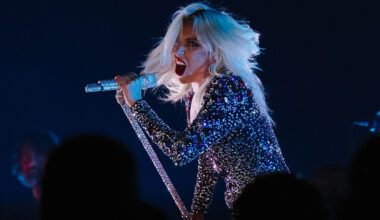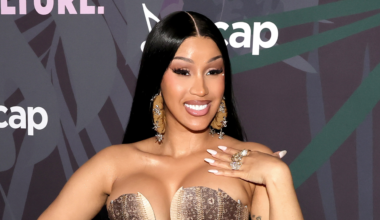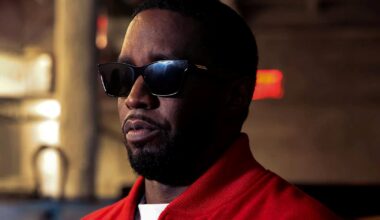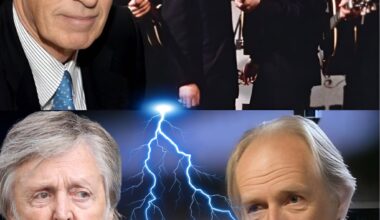In November 1993, under the dim glow of candles and a stage dressed like a wake, Kurt Cobain gave the world something it didn’t know it needed—and wasn’t ready to lose. MTV Unplugged in New York wasn’t just a concert. It was a cry for help wrapped in acoustic chords, a haunting, unforgettable moment where vulnerability stole the spotlight. It was the sound of a man breaking—and somehow making it beautiful.
At that point, Nirvana was untouchable. Nevermind had flipped the music world on its head. Grunge had become more than a sound—it was a generation’s language, raw and real. But while the world shouted his lyrics, Cobain was quietly imploding. The fame that millions thought he deserved only deepened his alienation. Applause felt hollow. The pressure to perform, to be Kurt Cobain, was crushing him from the inside.
So when MTV offered Nirvana a stripped-back set, it could’ve been a comfort zone. But Cobain, ever the anti-icon, subverted the whole thing. No mainstream hits. No commercial polish. He chose covers that told other people’s stories—Lead Belly, Bowie, The Vaselines—but made them sound like his own. He curated everything: the candlelit stage, the stifling lilies, even how the cameras moved. It was less a live show and more a funeral dirge disguised as performance art.
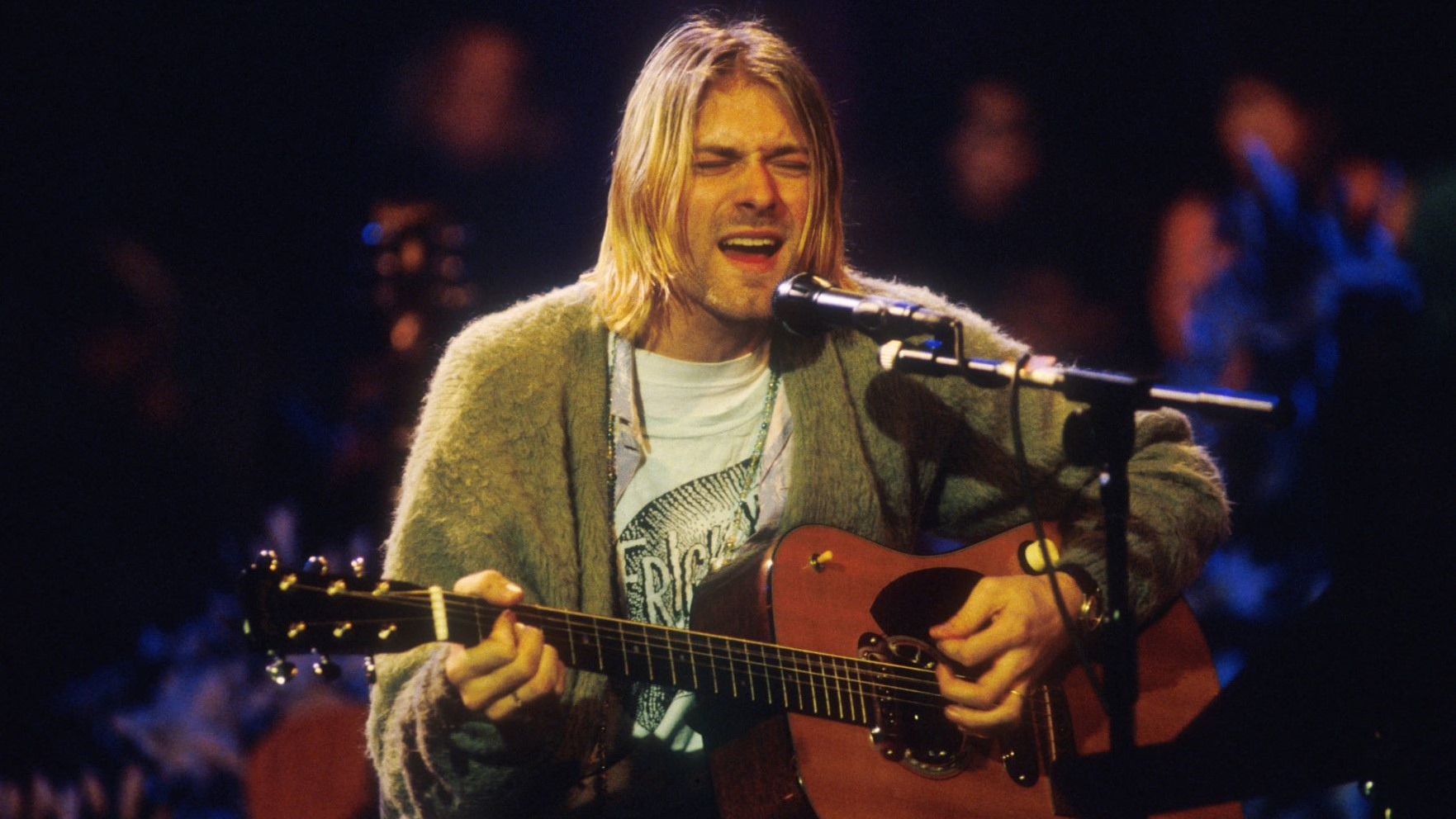
Then came that line from “Come As You Are”:
“I swear I don’t have a gun.”
The air shifted. It wasn’t just a lyric anymore—it was a prophecy in real time.
His voice cracked. He missed notes. His hands trembled. But instead of breaking the spell, those imperfections made it sacred. During “Pennyroyal Tea,” when he closed his eyes and leaned into the mic, it felt like he was retreating somewhere no one could follow. And “Something in the Way”? It didn’t just sound like depression—it was depression, put to tape.
But nothing compared to the final song. “Where Did You Sleep Last Night?” wasn’t just a closer—it was an exorcism. Cobain didn’t sing it. He bled it. His voice shifted from a whisper to a howl, his eyes wide and unblinking in the final verse, staring into something distant and unknowable. When it ended, he sat motionless. No encore. Just silence. Heavy. Unforgettable.
That night would be one of the last times Kurt Cobain ever performed.
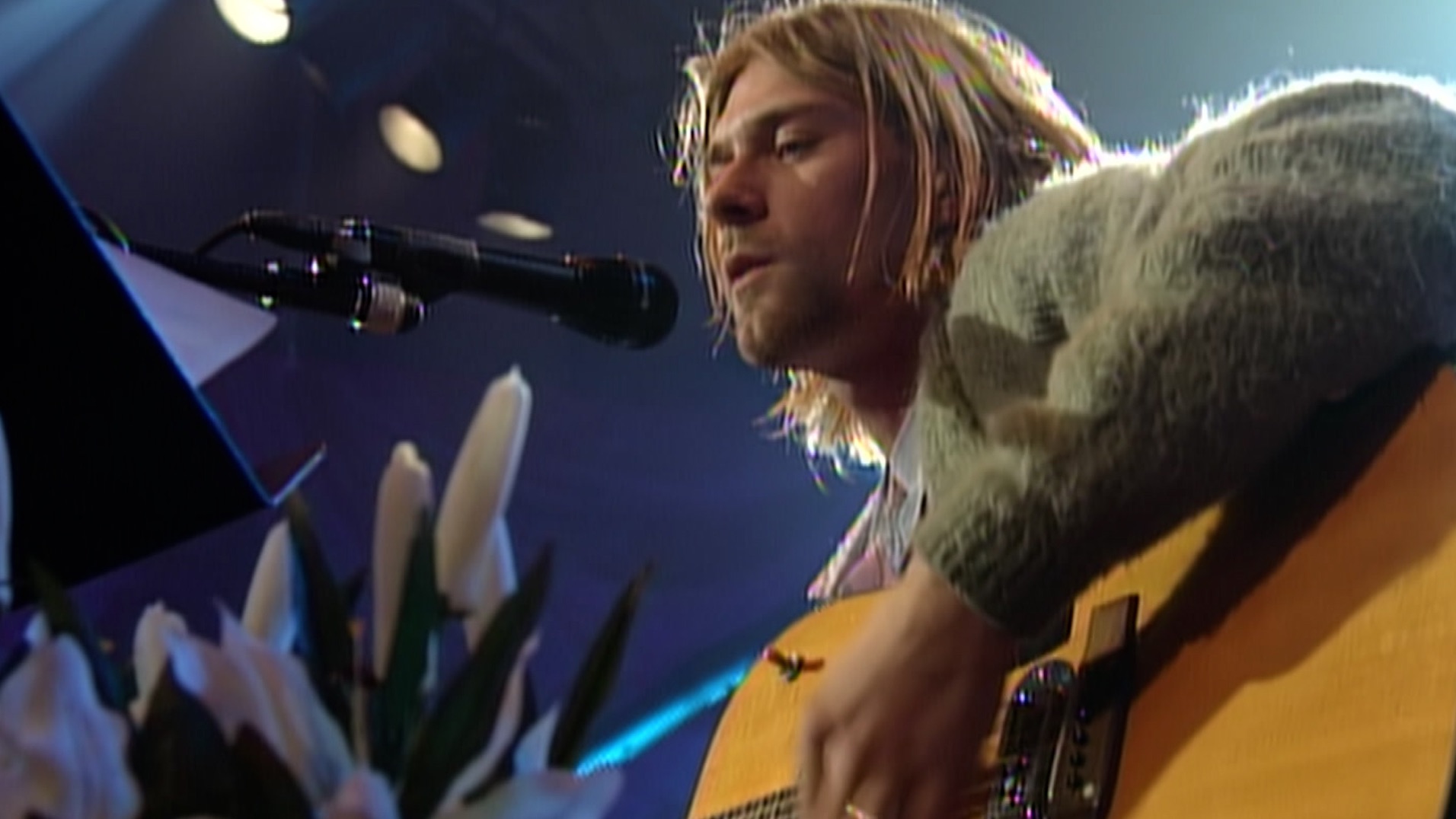
Five months later, on April 5, 1994, the world lost him. The voice that had defined a disillusioned generation was gone by his own hand, and the Unplugged performance became more than a live recording—it became a memorial. A portrait of a soul on the brink. It won a Grammy. It went platinum. But most importantly, it left a scar on music that still hasn’t healed.
Because what Cobain gave us wasn’t perfection. It was truth. He didn’t need distortion or screaming crowds to make you feel something. Just a guitar, a chair, and a room full of people holding their breath. His pain was undeniable—but so was his honesty. And in showing us what was breaking him, he helped so many of us feel a little less alone.
The final seconds of that performance—the silence after “Where Did You Sleep Last Night?”—still echo. Cobain breathing heavy. Eyes distant. Face unreadable. But those eyes? They were screaming. Screaming for help, for peace, maybe just for someone to really see him.
And in that silence, we did.
▶️ Watch Kurt Cobain’s chilling final performance of “Where Did You Sleep Last Night?” on MTV Unplugged.

